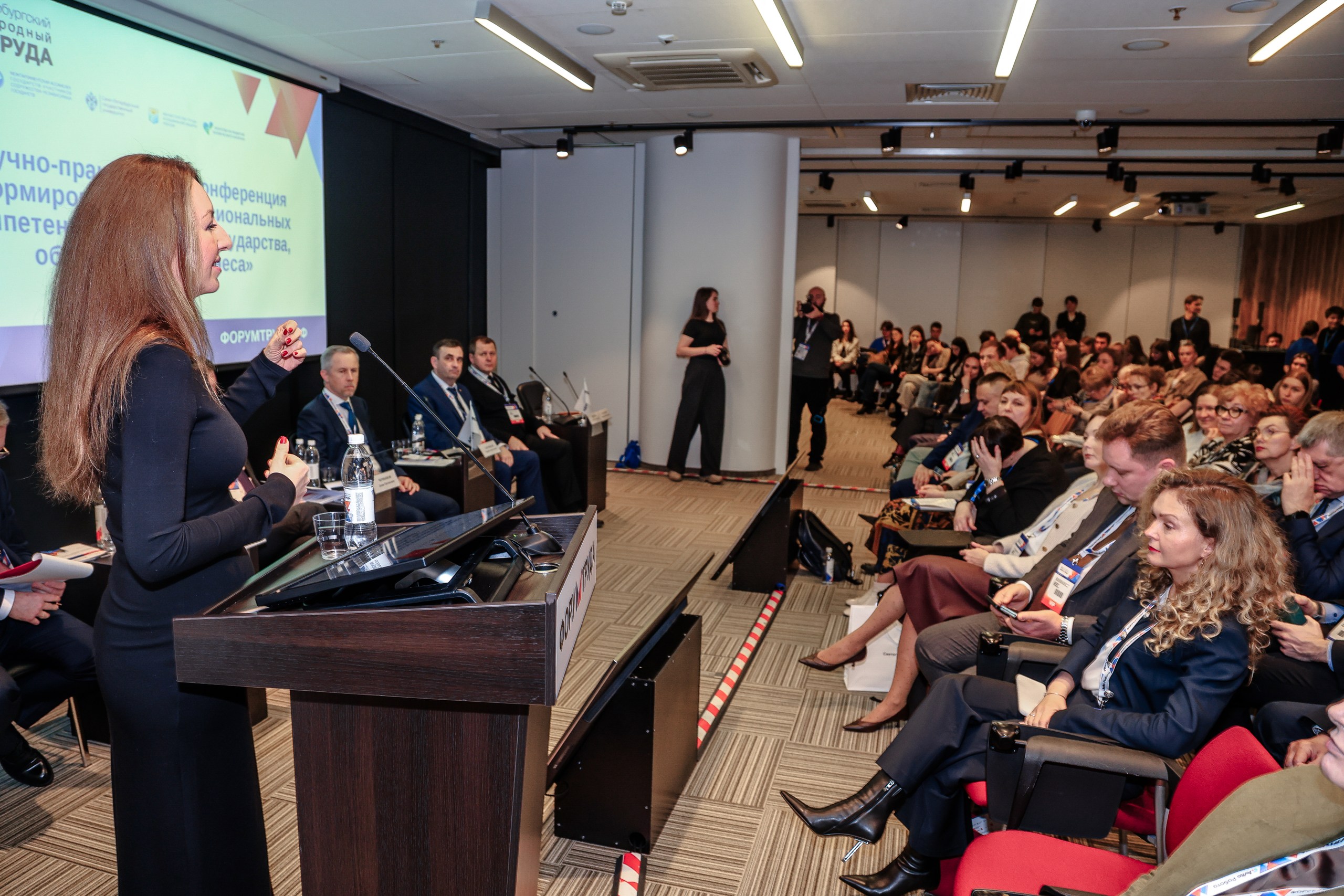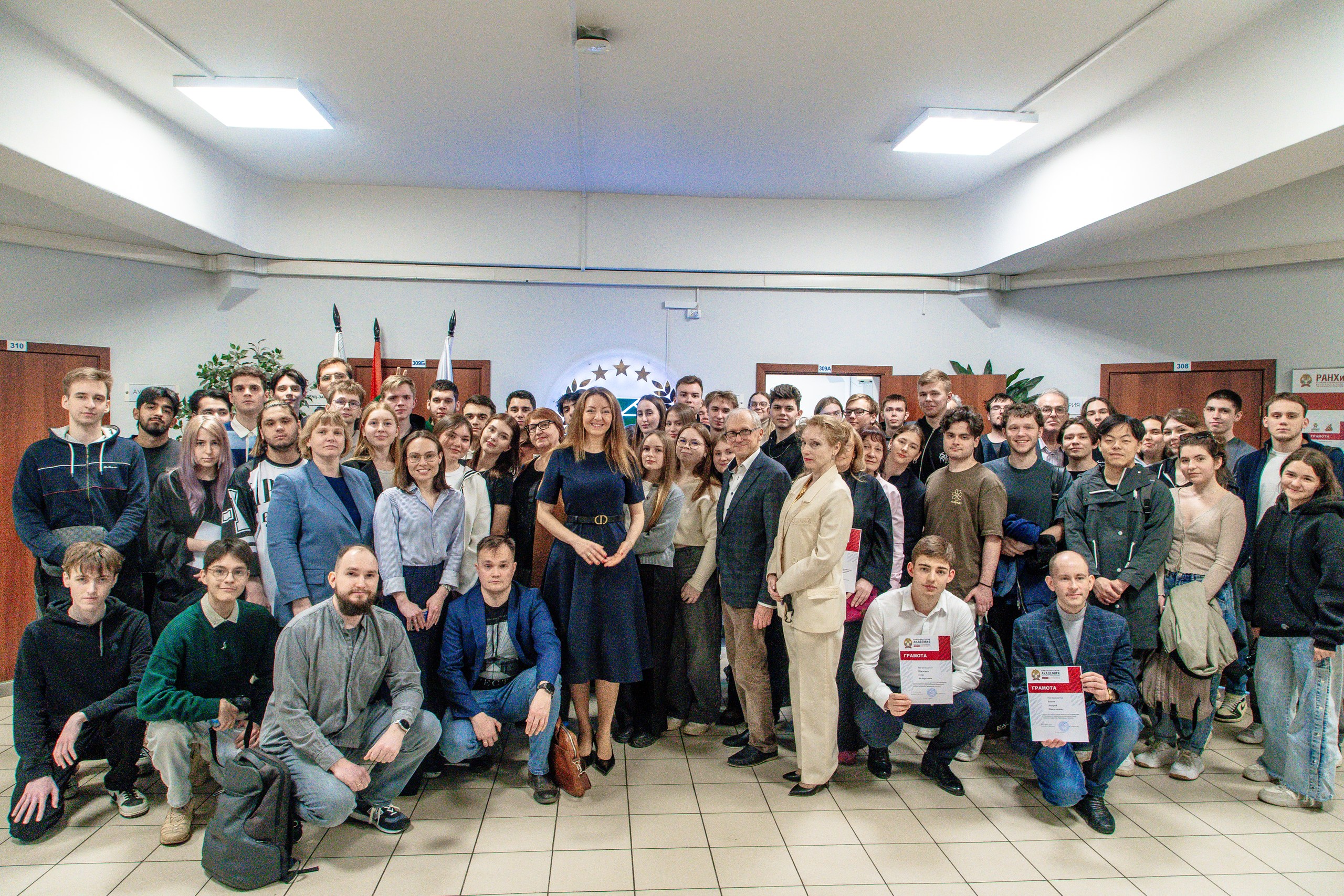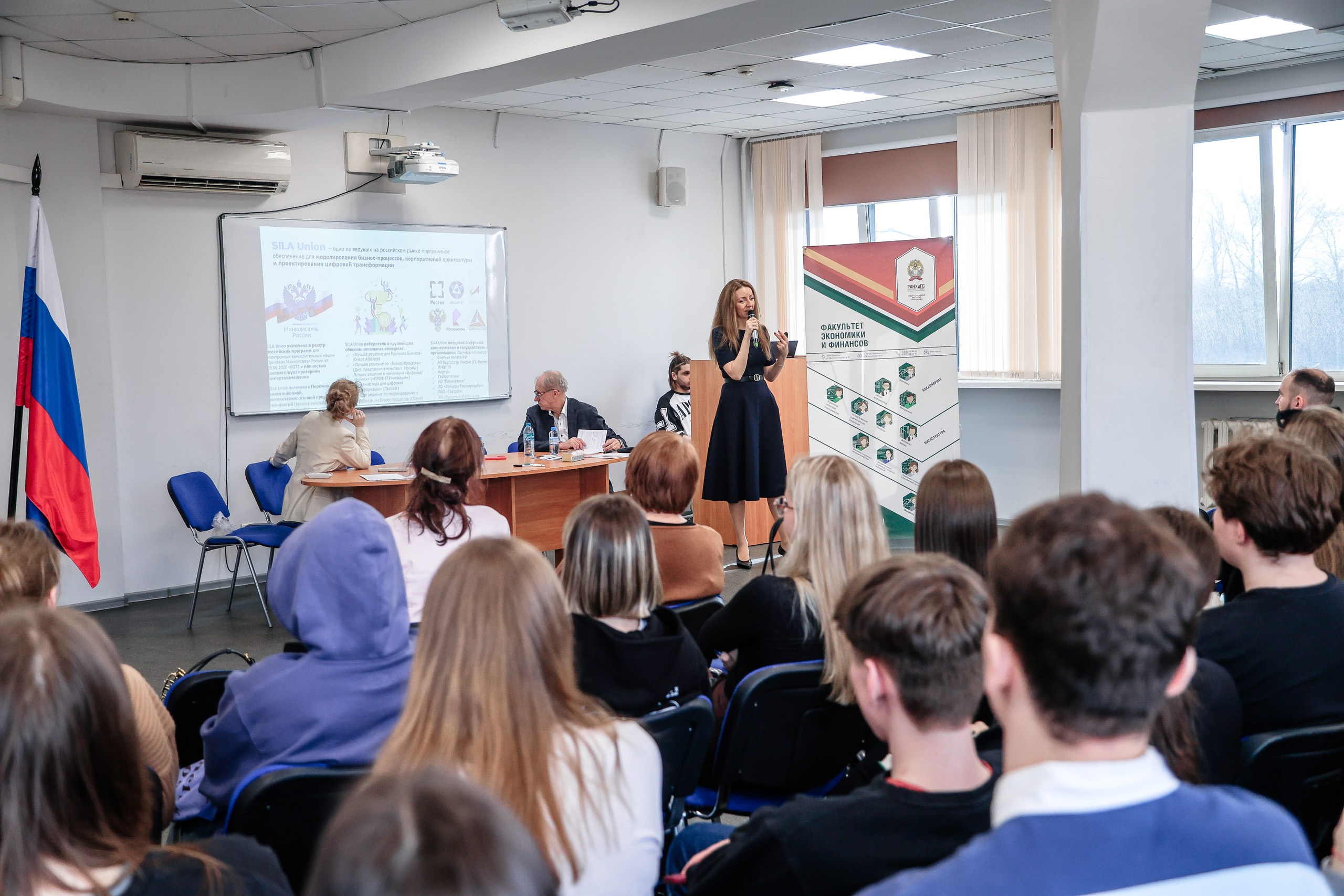
SILA Union at the International Labour Forum: The Transformation of the Modern Career Market
The labor market is currently undergoing major changes, with increasing focus on workforce training and digital transformation. At the St. Petersburg International Labour Forum, SILA Union shared its vision for the future of the job market and its projects aimed at shaping new career trajectories.
How has the market changed?
In 2024, the Russian labor market reached record-breaking figures: the unemployment rate dropped to a historic low of 2.4%, job vacancies in March 2024 increased by 44% compared to March 2023, and the competition per vacancy decreased by 25% year-on-year.
Amid this transformation, where historically low unemployment coexists with a high number of open positions, competition for jobs has decreased, intensifying the imbalance between supply and demand. Employers began hiring preemptively to avoid losing market share or experiencing downtime. This led to offering higher salaries to candidates regardless of their actual qualifications, resulting in increased costs for employee training and retraining.
In this context, issues surrounding education, workforce development, and the relationship between universities and leading companies have become central to the market's transformation. To address urgent questions and key 2025 trends, experts, employers, and academic representatives gathered at the St. Petersburg International Labour Forum from April 2 to 4, 2025. SILA Union actively participated in discussions on collaboration between business, education, and government in shaping the new talent landscape. Company representatives presented their projects and shared their experiences during events organized by their partner, the North-West Institute of Management of RANEPA — including the plenary session of the scientific-practical conference “Developing Professional Competencies: Synergy of Government, Education, and Business” and a strategic session.
Key Topics
The agenda included critical and timely subjects:
The role of universities in supplying the economy with qualified professionals
Models for employee retention amid rising development costs
The profile of a modern graduate ready for market challenges
Key challenges and staffing needs of digital transformation
Emerging IT roles, including IT architects and DevOps engineers
Career paths in the digital economy sector
What’s happening in the labor market in 2025?
According to research by job portal SuperJob, the number of vacancies in March decreased by 12% compared to March 2024, while the number of resumes increased by 10%.
The market is stabilizing but still facing internal contradictions. Companies not only need to improve hiring practices, but also reassess their strategies for employee retention and motivation. Past indiscriminate hiring continues to increase training costs without guaranteeing staff loyalty or retention.

SILA Union at the forefront of the future labor market
In her speech, Elena Silkina, Managing Partner at SILA Union, highlighted the steps Russian IT companies are taking to bridge the gap between academic programs and real business needs. She stressed the importance of not just adapting curricula to current industry realities, but also building sustainable communication channels between universities and businesses by creating joint programs, internships, and project-based learning. This helps young professionals integrate into the workforce more quickly, while companies benefit from candidates with relevant skills.
SILA Union, together with Gazprom TsPS IT and RANEPA, is already implementing high-quality training programs. Students from the Presidential Academy’s “Business Informatics” program are studying the course “Business Process Modeling and Management Using the SILA Union Software Platform.” This program is training confident users of modern automation-based business process tools and gives them hands-on experience with SILA Union software. Through involvement from Gazprom TsPS, which supports digital transformation, innovation, and large-scale investment projects at PJSC Gazprom, the course is highly practical — preparing students for real company needs.
In her presentation, which centered on the life cycle of a digital project and the collaboration between team roles — from analysts to DevOps engineers — Elena emphasized that the gap between academic training and business needs still persists. Therefore, it's critical to involve specialists at the idea stage who can provide both technological and methodological support for the project.
“At the business idea stage, architects, analysts, and DevOps professionals should already be involved — not just to perform tasks, but to design the product journey, think through technologies, risks, and resources. A DevOps engineer is not just a tech specialist — they are the ‘mother and father’ of a project, supporting the team through every stage from concept to release,” said Elena.
She also discussed SILA Union’s approach to building flexible teams, where every employee can develop not only their core specialization, but also related skills — in analytics, architecture, testing, design, and even sales. This internal mobility and focus on professional growth create strong, engaged teams.
The speaker gave special attention to involving customers in product design and testing, calling it one of the most meaningful and inspiring stages of development. “When a customer becomes a co-creator and tester of a solution, it’s a sign of trust. And for developers, it gives a real sense of purpose and contribution. This is what digital transformation looks like in action — when business, government, education, and technology move forward together,” added Elena.

Conclusion
The dialogue between business, academic institutions, and experts made a valuable contribution to professional development in the digital economy.
SILA Union will continue to expand its partnerships with educational institutions, seeing this not only as an investment in future talent, but also as a strategic move to strengthen the entire industry.
For their active participation in the scientific-practical conference and the work of the St. Petersburg International Labour Forum, SILA Union representatives were awarded honorary certificates: Managing Partner Elena Silkina and Head of Nonprofit Partnerships Anna Linkevich.
Watch the full report on our channel:
https://rutube.ru/video/private/0a2bbdf3045eeca7367392454ff650c8/?p=RgF-0EsyWSQfcM6h1Pvgqg

Отчетный ролик смотрите на нашем канале
https://rutube.ru/video/private/0a2bbdf3045eeca7367392454ff650c8/?p=RgF-0EsyWSQfcM6h1Pvgqg





